March 23rd, 2007 | admin
Kalaripayattu is the traditional martial art form of Kerala. Kalari treatment or marma treatment is included in kalarippayattu. The medicines and oils used in kalari treatment are similar to that of Ayurveda medicines.
Kalari means an arena and payattu means a fight. Kalarippayattu includes fighting with empty hands and with hand held weapons. The weapons include short staff, long staff, short knife, sword and belt sword.
There are two distinct systems of kalaripayattu in Kerala, the northern and the southern kalari schools.
In northern kalari school (called vadakkan kalari), emphasis is on fighting with sword. Flexibility of body is achieved through specific massage techniques. Medicated oils are used in massaging the body for strength and flexibility.
In southern kalari, prominence is on empty hand fighting. Flexibility of body is achieved through different exercises.
Both systems of kalari use different types of massage oils and herbal medicines.
Kalaripayattu or kalari treatment has great scope in sports medicine. Injuries happened to the students at a kalari (arena) are quickly healed by application of herbs and/or massages.
A master of kalari is knowledgeable about marma (vital points on the body), medicines and proper massage techniques in addition to the knowledge of fighting.
Practicing kalari is the best way of for healthy, flexible body and alert mind. There is difference in the footsteps of an innocent person and of a person with malice in mind. A kalari practitioner can identify the difference between the two.
A comparable martial art form in India is Huyen Lallong (Thang Ta) of Manipur, which is the training of safeguarding oneself. Huyen Lallong teaches a practitioner everything about handling swords, spear, dagger and other weapons. It also teaches proper breathing methods, meditation methods and different rituals.
Today practicing kalari is not as method to fight others, but to fight enemies within – like childhood obesity.
Performances of kalaripayattu are available in almost all parts of Kerala, especially during Onam, the national festival of Kerala.




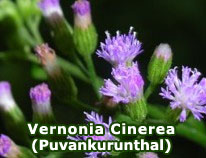
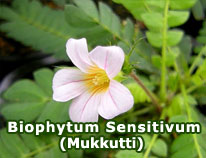
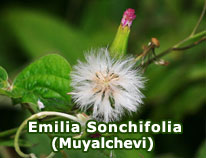
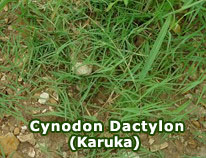
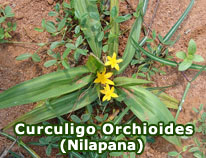
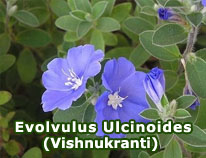
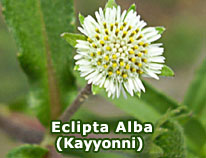
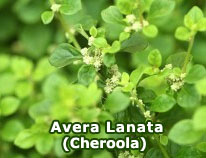
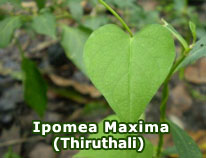
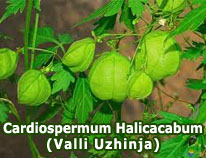
 Loading ...
Loading ...





